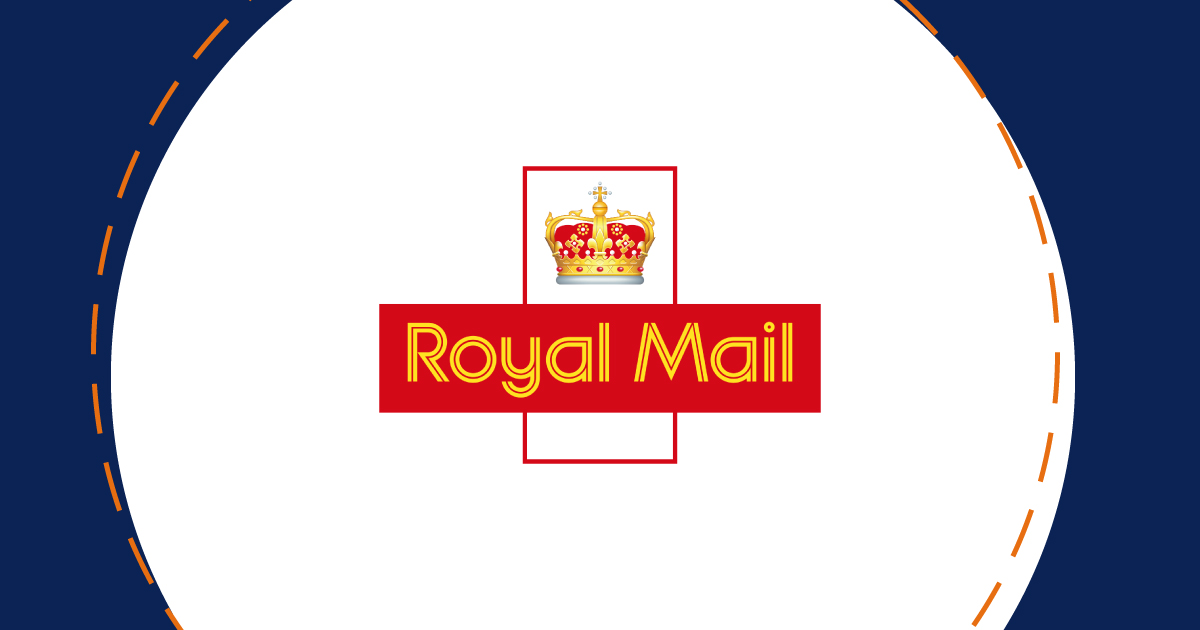In the UK, it is estimated that around 97% of households have internet access, which means that roughly 3% of people are considered to be ‘offline’.
This leads many businesses to assume that using digital forms of communication alone are a sufficient way stay in touch with their customers, however, despite that sounding like a pretty large amount of online users, the UK has a population of around 67 million, which means that there are over 2 million people in the UK without internet access. There are also a vast amount of people who do have the internet, but simply choose not to use it.
Oxford Internet Surveys carried out a survey back in 2013, which revealed some of the reasons people decide not to use the internet. The study found contributing factors can include:
Cost
Accessibility
Interest
Age
Skill set
A BBC study in 2019 also revealed that although some people have internet access, many choose not to utilise it, with 20% of people saying they ‘do not use the internet’, despite having or paying for the connection.
The report further highlighted that 10% of those without the internet do not use the net because of privacy worries, 40% of those earning less than £12,500 do not go online, 12% have been hit by computer viruses and 70% of all respondents felt "uncomfortable" with targeted advertising and data tracking.
With the internet or online media channels now becoming an essential element within an organisations communication toolkit, It’s important not to overlook how to create meaningful connections with those people without internet access or those who choose not to use it. But how can we do this?
One form of communication that has been utilised for thousands of years is the letter. The letter provides its sender with the ability to send communications to various locations, in different formats and at different time periods. Letters are a simple solution that can reach all ages, all demographics and all geographical locations allowing information to be shared seamlessly, leaving lasting impacts.
If we look at the reasons why people chose not to use/ didn’t have access to the internet, it appears that letters provide solutions to these issues.
Cost: letters don’t cost the recipient anything to receive them.
Accessibility: the recipient doesn’t need any specific items to receive or access the information (unlike an email which requires a device and internet access).
Interest: People have always known the letter, so naturally have more interest and trust in something they have always known.
Age: letters can be utilised to be sent to people of any age. Mail evokes trust for the older generation and grabs the attention of the younger generation- A DMA study showed that 17–34-year-olds have the highest rate of those who responded to mail, of all ages.
Skill set: unlike the internet, where certain skills are required to operate a phone or computer, anyone can read a letter. There are also mail solutions for those people who are unable to directly read, such as brail for those who are blind or the use of larger fonts for those who struggle to read small text.
Letters appear to be the perfect solution to communicate with those who may not have access to or choose not to use the internet. But what are the other benefits of sending post, to those with and without the internet?
It evokes importance
The average person receives 3.5 letters per week (Royal Mail, 2019), however, the average office worker receives about 121 emails daily. Because letters are less frequent and more personal, they tend to signify importance.
Personalised envelopes further evoke importance as they can have phrases such as ‘confidential’ or even ‘important’ written directly on them. Making them appear more trustworthy; meaning people are more likely people open them.
It’s trusted
Mail is a trusted form of communication, with a Market Reach study (2020) finding that 87% of people trust mail and consider it believable. 15-24 year old have a high level of trust in mail due to the fact they don’t receive it as often, so when they do, they open it and trust it.
It makes people feel valued
70% of people say mail makes them feel valued and gives them a better impression of the company that sent it (Market Reach, 2021).
It has high engagement rates
In 2020 a record of 96% of all mail was engaged with (Market Reach, 2020). Addressed mail is also interacted with frequently, on average a recipient will interact with the same item 4.38 times (Market Reach, 2020).
It’s memorable
A 2020 JICMAIL study showed that letters have a more powerful impact on long-term memory encoding – 35% stronger than social media and 49% stronger than email, making it the perfect communication solution when targeting customers.
When it comes to communicating with your customers, it's all about choice. Some of them may only want to receive digital correspondence, while others who choose to remain offline may want physical touchpoints. You will also, most likely, find that the large majority of people prefer a blend of communications.
In order to achieve the best outcomes for all of your customers, it’s important to remember that it’s not one size fits all. Being aware of this and being proactive about it means that you will be able to reach all of your customers, including the ones who are harder to reach, which can only prove to be beneficial for your company.
If you’re looking for a provider to help you choose the right blend of communications to achieve your outcomes, then contact us. We’ll help you create meaningful connections with your clients, both on and offline. To find out get in touch with the team.


Surrey County Council Sought to Optimize Print/Post Services Across Departments. We Helped Transform Their Services With Our Industry Expertise.













